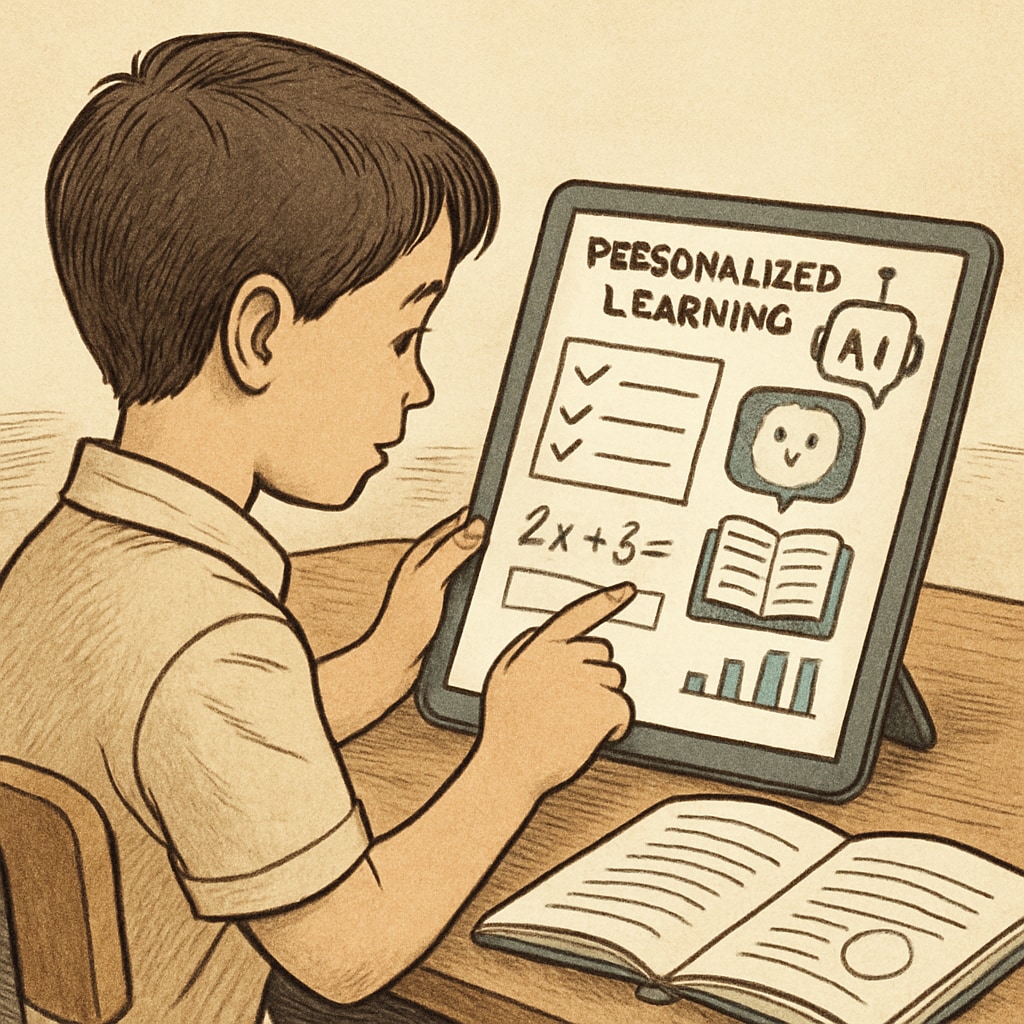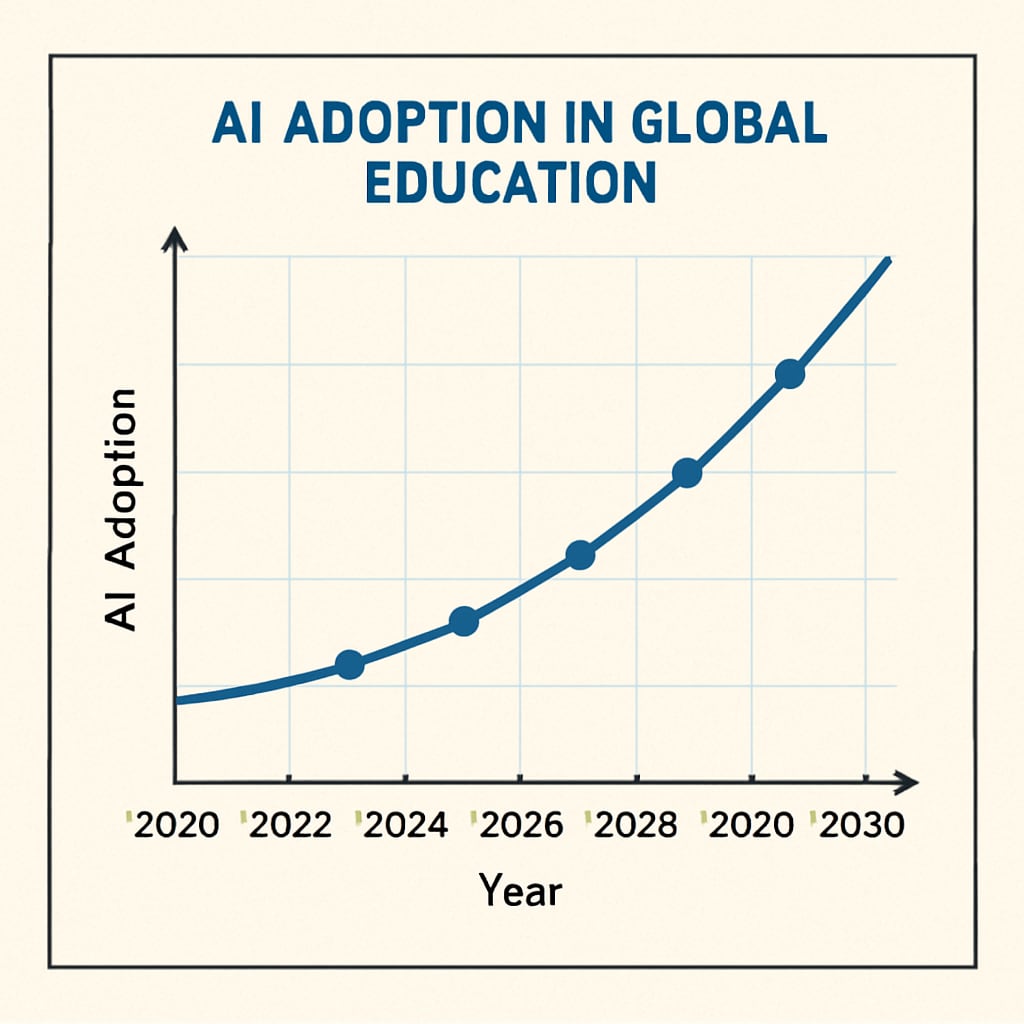Artificial intelligence (AI) is rapidly transforming the global education landscape. This technological revolution is driving significant changes in educational trends and technologies, particularly within K12 learning environments. By enabling personalized learning pathways, intelligent assessments, and adaptive teaching methodologies, AI is not just supplementing traditional education—it is redefining how students learn and how teachers teach. As the adoption of AI continues to expand, educators and policymakers must embrace this evolution to harness its full potential.
How AI is Reshaping K12 Education
One of the most profound impacts of AI in education is its ability to offer personalized learning experiences. Unlike traditional “one-size-fits-all” methods, AI-powered systems can analyze student data to create customized learning plans that cater to individual strengths, weaknesses, and learning speeds. For example, platforms like Khan Academy and other adaptive learning tools use AI algorithms to provide recommendations and resources tailored to each student’s needs.
Additionally, AI is transforming assessment methods. Intelligent grading systems now provide instant feedback on assignments, enabling students to understand their mistakes more effectively. This not only saves time for educators but also ensures a more consistent and unbiased evaluation process. For instance, automated essay grading tools are growing increasingly sophisticated, capable of assessing grammar, coherence, and even creativity.

The Data Behind the Revolution
The rapid integration of AI into education is supported by compelling data. According to a report by Britannica, the global AI in education market is expected to grow at an annual rate of 40% from 2023 to 2030. This growth is fueled by increasing demand for digital transformation in education, especially following the COVID-19 pandemic, which highlighted the need for resilient and flexible learning systems.
Key areas where AI has demonstrated measurable success include:
- Improving student engagement through gamified learning experiences
- Reducing dropout rates by identifying at-risk students early
- Enhancing teacher efficiency by automating administrative tasks

Challenges and Ethical Considerations
While the benefits of AI in education are undeniable, its implementation is not without challenges. Data privacy remains a significant concern, as AI systems rely on large volumes of student data to function effectively. Ensuring this data is securely stored and ethically used is critical to maintaining trust among educators, parents, and students.
Moreover, there is a risk of over-reliance on technology, which could potentially diminish the role of human teachers. AI should be seen as a tool to enhance human-led education rather than replace it. Striking this balance will be crucial as we move forward.
The Future of AI in K12 Education
Looking ahead, the role of AI in K12 education will likely expand beyond the classroom. Virtual reality (VR) and augmented reality (AR), powered by AI, are already beginning to create immersive learning experiences that bring subjects like history and science to life. Additionally, AI-driven career counseling platforms could help students align their education with future job opportunities.
As AI continues to evolve, its impact on education will extend to lifelong learning. By fostering adaptability and critical thinking, AI has the potential to prepare students not just for exams, but for a rapidly changing world.
In conclusion: The AI-driven transformation of education is an ongoing journey. By embracing educational trends and technologies with a focus on equity, inclusivity, and ethics, we can ensure that AI serves as a powerful ally in reshaping the future of K12 learning.


